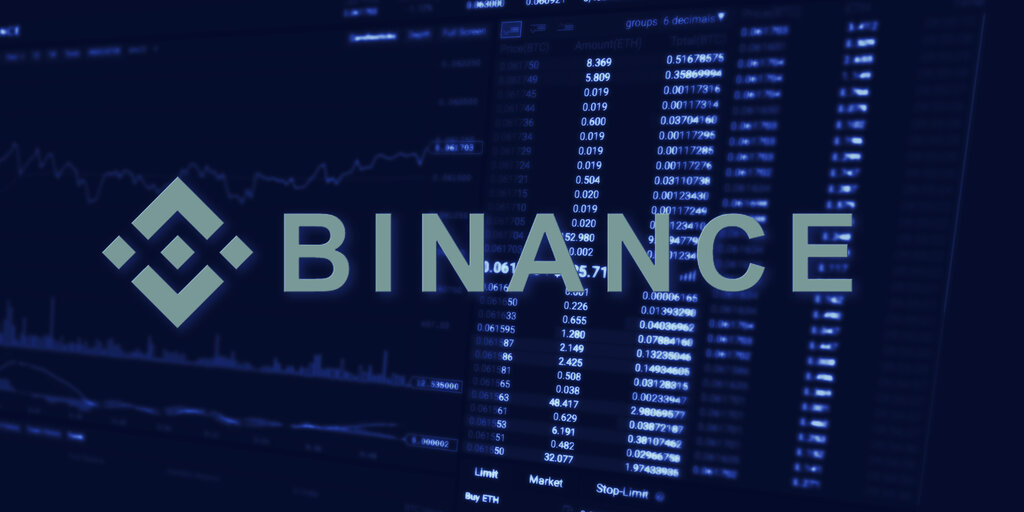 A leaked document purportedly from Binance senior executives outlines a plan to use a US subsidiary to evade regulators.
A leaked document purportedly from Binance senior executives outlines a plan to use a US subsidiary to evade regulators.
Binance CEO Changpeng “CZ” Zhao took to Twitter to deny a Forbes report alleging that Binance, the world’s top cryptocurrency exchange, had created an “elaborate corporate structure designed to intentionally deceive regulators and surreptitiously profit from crypto investors in the United States.”
FUD. The statements and accusations in the article are incorrect. The whole article hinges on a 3rd party document. The said document was not produced by a @Binance employee (current or ex). Anyone can produce a “strategy document”, but it does not mean Binance follows them. 1/7 https://t.co/AnIUJLXWTZ
— CZ Binance (@cz_binance) October 29, 2020
Forbes reporting hinges on a leaked document from 2018 “thought to be created by” Binance executives. The so-called “Tai Chi document” outlines Binance’s purported strategy to create an American subsidiary, the “Tai Chi entity,” as a form of subterfuge, allowing the company to point to a subsidiary that was above-board with regulations. It would then use the subsidiary as a way to move revenue around to its other global operations. In 2019, Binance lent its name to Binance.US, a San Francisco-based cryptocurrency exchange.
CZ flatly called the report “FUD” and said it “was not produced by a Binance employee (current or ex).” According to CZ, it’s a third-party document: “Anyone can produce a ‘strategy document’, but it does not mean Binance follows them.”
According to Forbes‘ anonymous source, the Tai Chi document was created by the co-founder of OTC trading platform Koi Trading, Harry Zhou; Binance Labs is the lead investor in Koi Trading, spending $2.99 million in a seed round in October 2018. The document allegedly made its way to CZ that same quarter via Jared Gross, who is in charge of mergers and acquisitions for Binance.
Responding to CZ, Forbes journalist Michael del Castillo, claimed to have email correspondence from Binance confirming that Zhou was a prior Binance employee, contrary to CZ’s claims.
@cz_binance I have an email from your chief compliance officer, dated October 13th, (on which you were cc’ed) informing me that “Harry Zhou is also no longer with our firm.” If you’d like to clarify why you’re now saying he was never with your firm, I’m here. https://t.co/2FtpD5DEP9
— Michael del Castillo (@DelRayMan) October 29, 2020
The document, which is in slideshow format, lays out a plan for duping the Financial Crimes Enforcement Network and the Office of Foreign Assets Control (which are both US Treasury offices), as well as the Securities and Exchange Commission and the Commodity Futures Trading Commission—and, for good measure, the New York State Department of Financial Services, though Binance.US is not available to New York users.
The document purportedly also shows how the “Tai Chi entity” could move revenue back into Binance’s core business, which is registered in the Cayman Islands, in the form of license and service fees.
Regardless of whether the document is legitimate—or even been followed—the M.O. rings somewhat true. Binance is not averse to playing geo-arbitrage, moving its operations from China and then Japan to stay ahead of government authorities with different levels of comfort around cryptocurrency trading—and establishing outposts in places like Uganda and Malta, which are open for business but may also have more lenient stances toward official corruption.
Still, even if all of Forbes‘ reporting is true, it may not make Binance’s actions illegal. According to Gabriel Shapiro, partner at Belcher, Smolen & Van Loo LLP, “What is being described here is not a law evasion strategy but a plan to comply with U.S. laws in a maximally profitable way.”
He continued: “If this [is] evasion, so is most legal structuring.”
this is a good piece of journalism marred by bad spin
what is being described here is not a law evasion strategy but a plan to comply with U.S. laws in a maximally profitable way rather than to just exit the U.S. market completely
if this “evasion”, so is most legal structuring pic.twitter.com/EZgGyCLY6h
— _gabrielShapir0 (@lex_node) October 29, 2020
Decrypt has reached out to Binance and Binance.US for comment.
Forbes told Decrypt, “We stand by the story and offered ample opportunity for the company to respond to our inquiries.”





GIPHY App Key not set. Please check settings